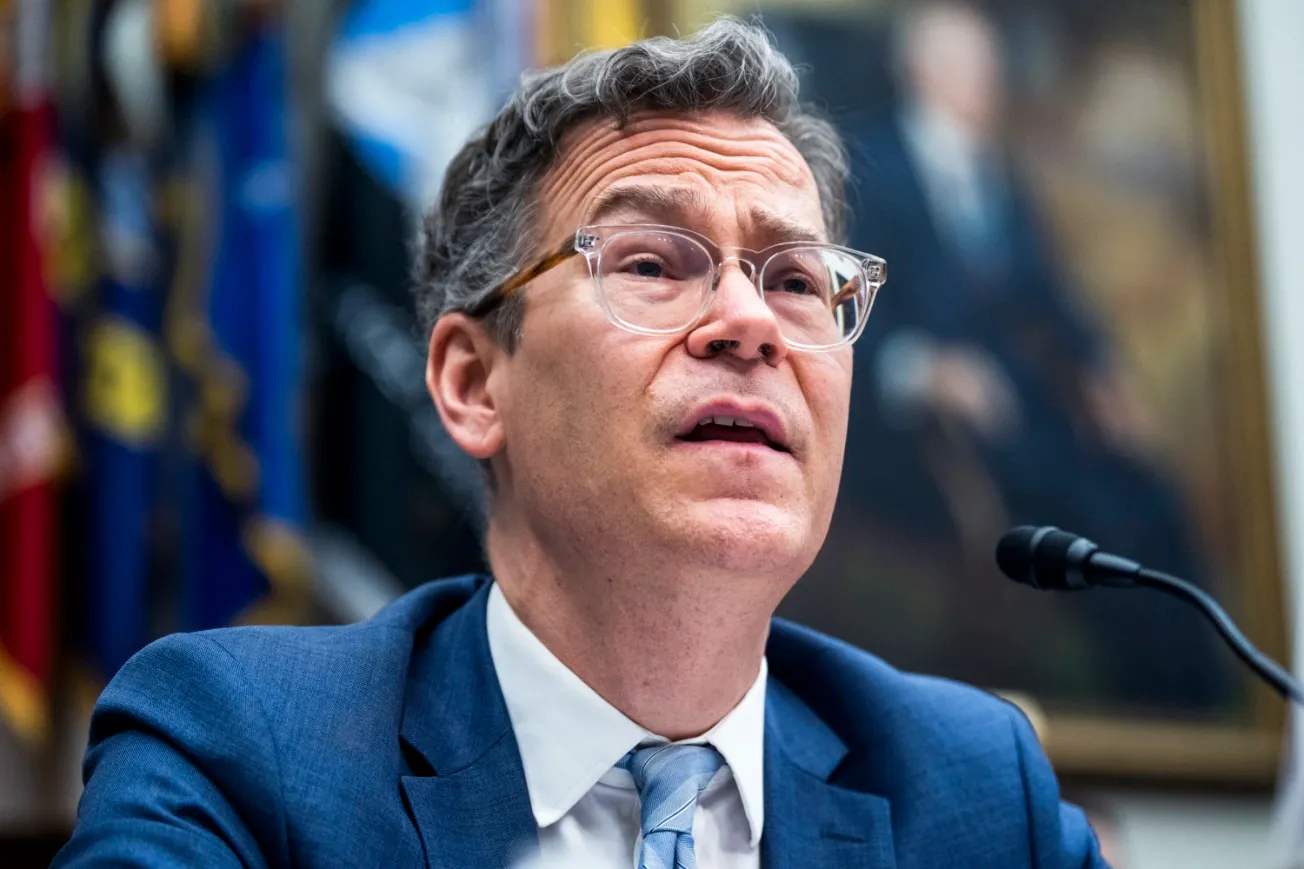Table of Contents
On November 13th, political scientist Colin Kahl was appointed as the Director of Stanford’s Freeman Spogli Institute (FSI) for International Studies.
Kahl previously served as Under Secretary of Defense for Policy for President Biden and as National Security Advisor to the Vice President under the Obama administration. He will assume office on January 1, 2026, and follows director Michael McFaul, the U.S. ambassador to Russia between 2012 and 2014.The Freeman Spogli Institute is Stanford’s flagship academic body for international affairs, with a stated purpose of facilitating “nonpartisan, interdisciplinary research, teaching, and policy impact.” The institute serves a dual purpose as an eminent think tank and a training ground for the next age of American ambassadors and thought leaders, and shaped national discussions on topics ranging from social media transparency to nuclear proliferation. Given FSI’s prominence, Stanford bears a responsibility to ensure that it promotes American values and interests, as well as legitimate scholarship.Kahl’s appointment comes only two weeks after reporting by The Stanford Review revealed that Freeman Spogli’s Cyber Policy Center was coordinating domestic and international censorship efforts between academics, technology experts, and regulators from the United Kingdom, the EU, Australia, and Brazil. The Freeman Spogli Institute also previously hosted the now-infamous Stanford Internet Observatory, which was disbanded after two Congressional investigations into its extensive efforts to censor claimed “misinformation” during the COVID-19 pandemic.
Kahl represents a continuation of that same pattern of liberal orthodoxy, ideological intolerance, and institutional partisanship. At a time when Stanford is reeling from COVID-era censorship and aims to rebuild open discourse, even a cursory glance at Kahl’s past disqualifies him as a serious candidate. Kahl has exhibited a history of incendiary remarks, which indicate a concerning lack of judgment. Following Trump’s withdrawal of forces from Syria, he stated on his Twitter account that Republicans represented the “party of ethnic cleansing,” and further proclaimed that “we are going to die” after Trump replaced H.R. McMaster as his National Security Advisor. After these tweets were revealed, Kamala Harris was forced to cast a tie-breaking vote to confirm Kahl to what should be a relatively uncontroversial, policy-focused role in the Pentagon.Kahl’s alarmist rhetoric extends beyond rash Twitter posts. He prophesied that war would result from the decision to move the U.S. Embassy in Israel to Jerusalem, from the killing of Qasem Soleimani, and from Trump’s approach to North Korea. His constant catastrophizing reveals that his foreign policy worldview is seriously tainted with partisanship, beyond simply proving woefully inaccurate.
Capping off his history of intemperate outbursts, intolerance of opposing viewpoints, and deeply misguided foreign policy is his promotion of the now disproven Trump-Russia collusion conspiracy theory. Kahl, who served on President Obama's security team to counter Russian interference in the 2016 election, tweeted in 2017 that the now-discredited Steele Dossier held up “pretty well.” Later, he called Representative Kevin Nunes a “crackpot” after he was called to testify to the Intelligence Committee on the origins of the Mueller special counsel investigation. As it turned out, Kahl, with the rest of the “intelligence community,” parroted the fabricated conspiracy theory as part of a partisan anti-Trump malaise, rather than any serious commitment to national security or truth.
Even in official capacities, Kahl’s conduct has proved questionable at best.
In 2015, after then Vice President Biden visited Ukraine, Ukrainian officials reportedly accused Biden of a double standard on corruption, given Biden’s family’s corrupt business ties. Kahl, then National Security Advisor to Biden, suppressed the report according to CIA files. Six years after covering up a potential Biden scandal, Kahl was appointed Under Secretary of Defense for Policy in the Biden administration.
Looking beyond his misconduct, Kahl’s involvement in the disastrous Iran Nuclear Deal of 2015 further indicts the soundness of his political competence.
Kahl’s indiscretions persisted well after leaving office. In 2017, he disclosed classified details of a counter-terrorism strike in Yemen via Twitter, and implied several times on Twitter that he was privy to classified briefings in the early days of the first Trump presidency.
The Freeman Spogli Institute ought to represent legitimate academic inquiry as a leading authority on international relations. For an institution that is responsible for guiding and signaling national and international policy, qualities such as rigor, academic freedom, ideological diversity, and intellectual humility must be modeled. Stanford, too, has embarked on a novel commitment to prioritize institutional neutrality and open discourse, given its past ideological hegemony. Choosing Kahl to lead FSI in this context accomplishes exactly the opposite.
In short, Kahl exemplifies the worst excesses of the intelligence community establishment, and FSI must find a more suitable candidate to serve as its director.





